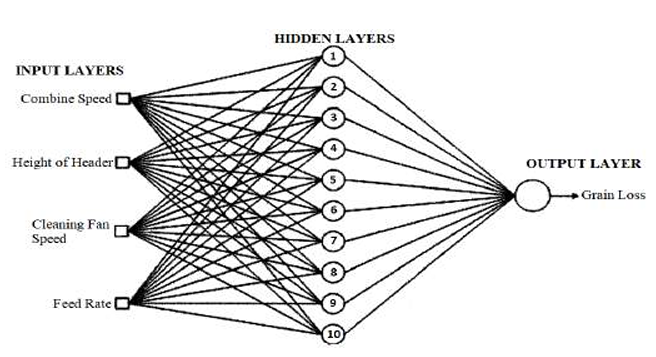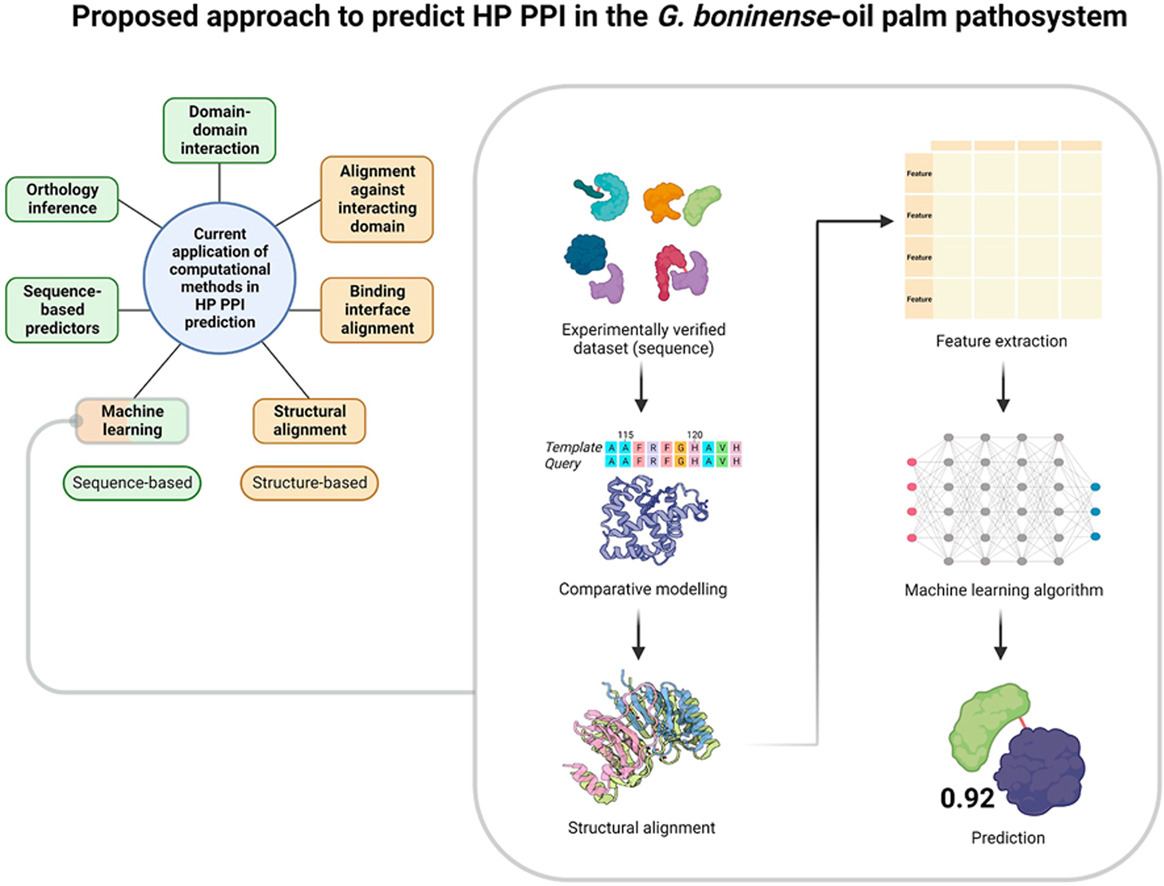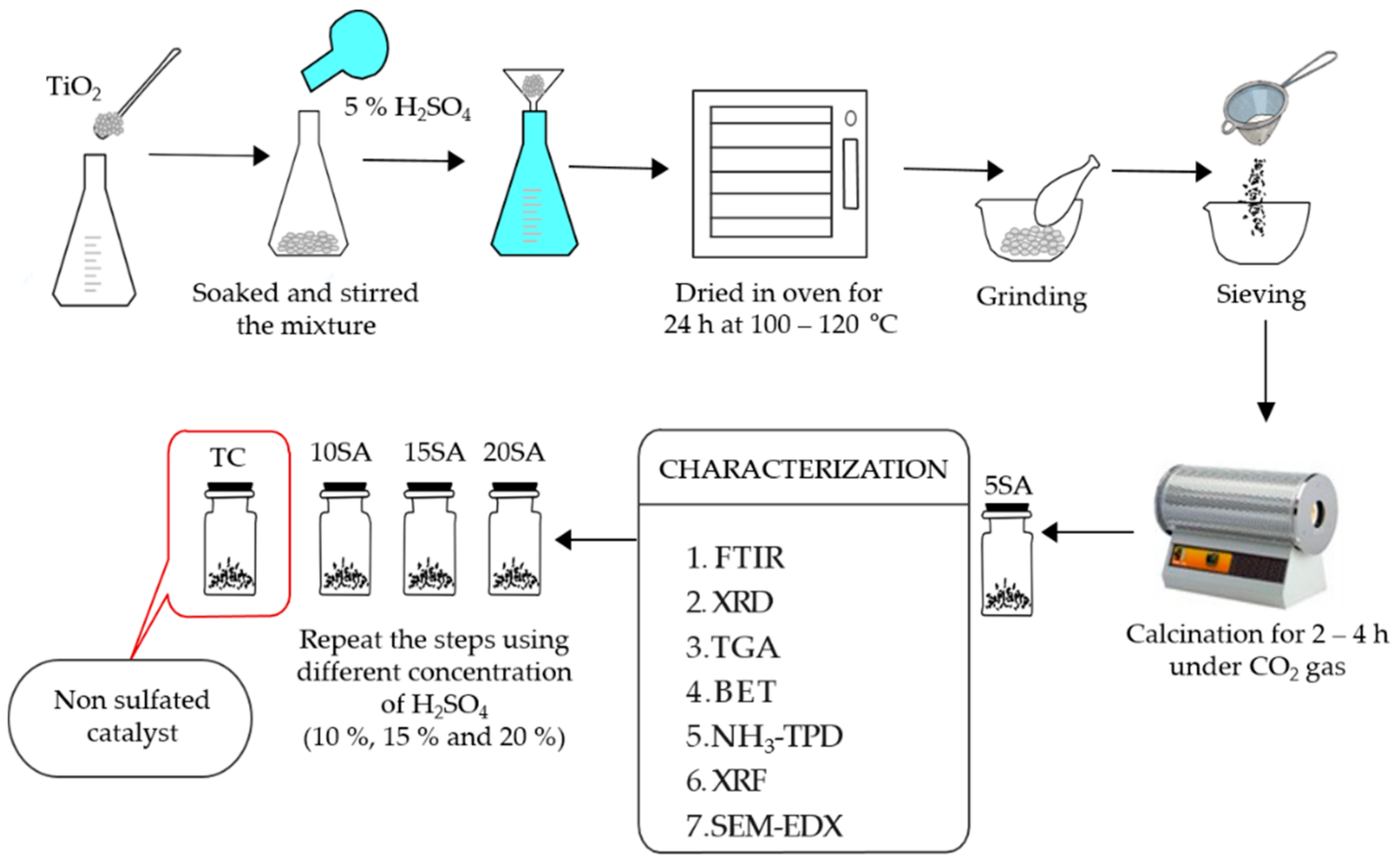|
Nowadays, the creation of alternative petroleum-based fuels (such as biofuels) is crucial due to the increasing consumption of fossil fuels, which is causing several significant environmental problems. Transesterification is process of creating biodiesel, which is environmentally friendly, renewable, strong lubricity, low emission of greenhouse gas, sulphur and nitrogen. However, there are some negative factors associated with biodiesel, including weak thermal stability, low heating value, and weak chemical stability, which is primarily a result of a high oxygen content. Deoxygenation is a highly significant means of generating oxygen-free hydrocarbon fuels from liquid biomass. This study will deoxygenate sludge palm oil (FFA % = 42.35%) in an H2-free atmosphere through a series of Mn-Co supported AC catalysts (MnO0.5CoO0.5/AC, Mn0.5Co0.5S/AC and Mn0.5Co0.5P/AC). The XAS in-situ results confirm that the preparation method of formation the catalyst structure was successful. The catalytic results show that by oligomerizing unsaturated fatty acids produced during Diels-Alder reactions or radical additions, the MnO0.5)CoO0.5/AC can largely enhance the production of heavy products. It is a straightforward process to transform these heavy products into coke species, which enables the rapid deactivation of the catalyst. This study additionally showed that AC-supported sulphide and phosphide Mn-Co catalysts are hugely beneficial for steadily and reliably acquiring an above-average yield of diesel-range hydrocarbons at substantially reduced temperatures whilst simultaneously effectively impeding catalyst deactivation during deoxygenation. The deactivation kinetic study confirm that the deactivation happens by the coke formation and flow the second order deactivation.
|
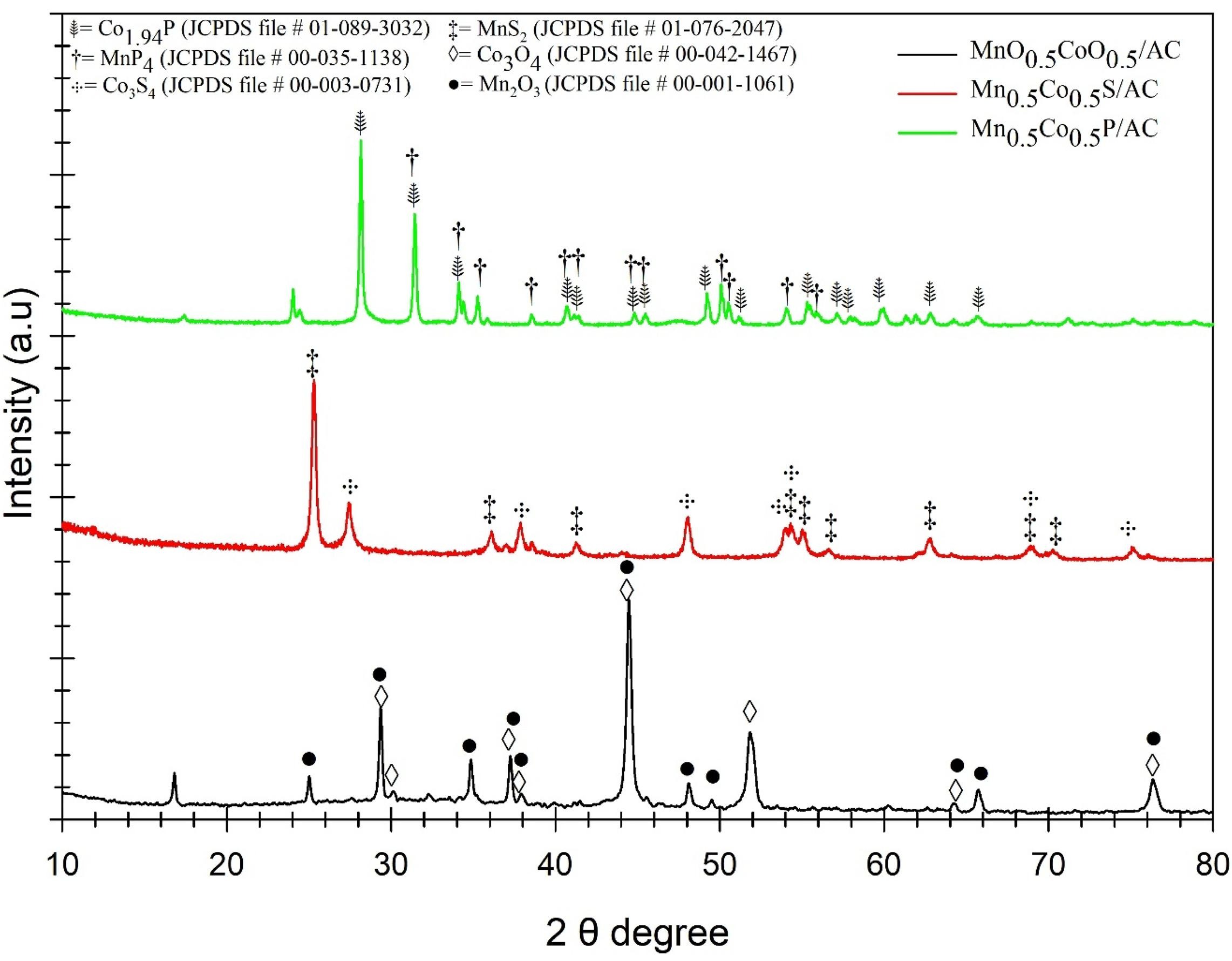

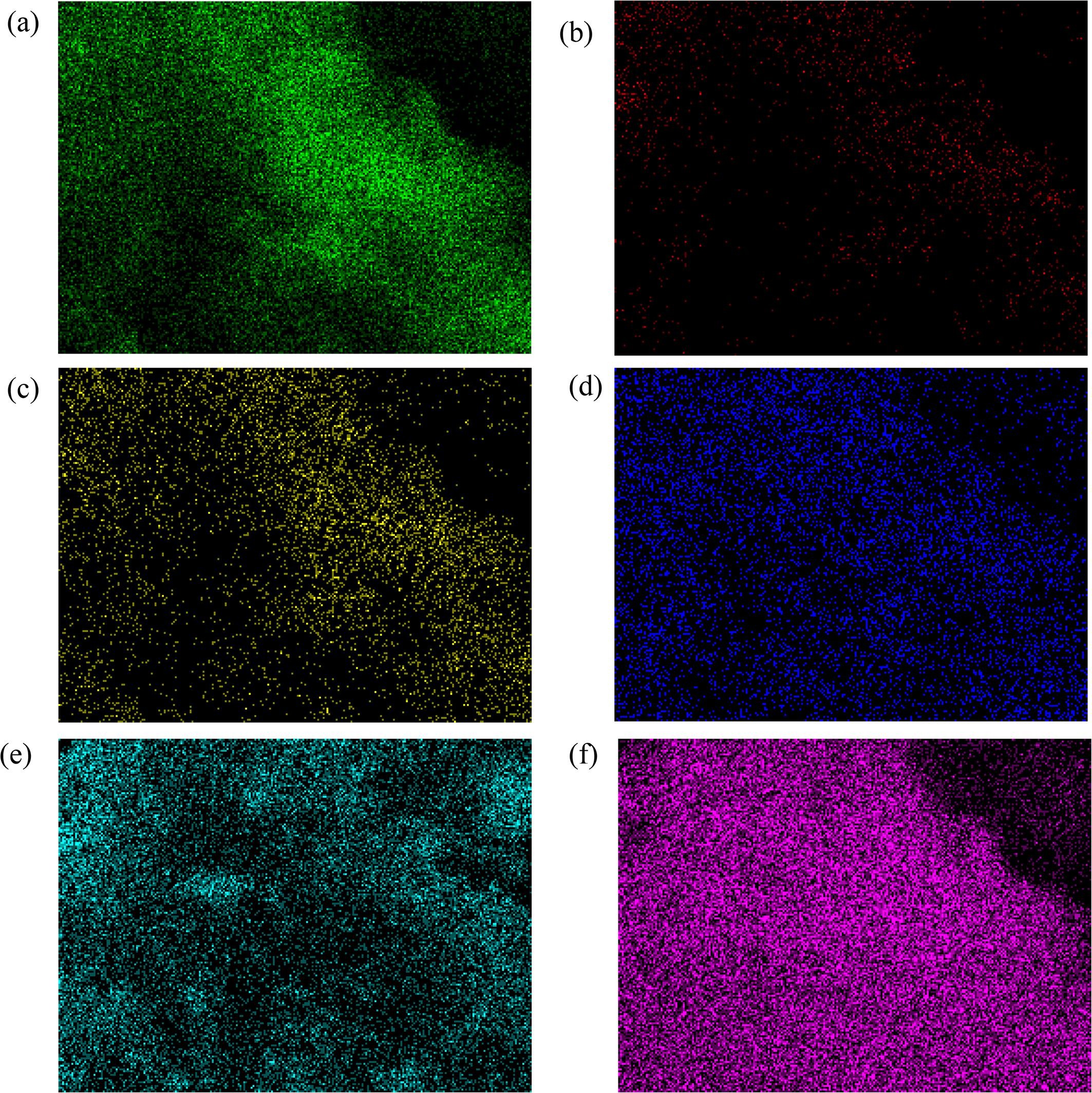

|
G. Abdulkareem-Alsultan, N. Asikin-Mijan, Laith K. Obeas, Robiah Yunus, Siti Zulaika Razali, AminulIslam, Yun Hin Taufiq-Yap (2022). In-situ operando and ex-situ study on light hydrocarbon-like-diesel and catalyst deactivation kinetic and mechanism study during deoxygenation of sludge oil. Chemical Engineering Journal 429:132206
Artikel penuh: https://doi.org/10.1016/j.cej.2021.132206
Date of Input: 31/10/2022 | Updated: 31/10/2022 | ainzubaidah
MEDIA SHARING















